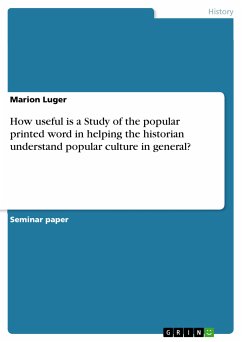In 'The Study of Medieval London,' Walter Besant embarks on an exhaustive exploration of one of the most vibrant urban landscapes of the Middle Ages. Employing a meticulous blend of historical narrative and vivid description, Besant immerses the reader in the social, economic, and artistic facets of medieval life. His literary style seamlessly intertwines academic rigor with an engaging prose that captures the essence of this transformative period in London's history. By placing medieval London within the broader context of European urban development, Besant demonstrates how the city's growth was influenced by commerce, politics, and culture. Walter Besant, a distinguished novelist and historian of the late 19th century, was deeply invested in London's social issues and its historical narratives. His extensive background in both literary and social commentary, along with his commitment to uncovering the past, surely motivated him to create a comprehensive account of medieval London. Besant's profound understanding of the socio-political dynamics of his time infused his work with a rich contextual background, making his analysis particularly poignant for contemporary readers. This compelling examination is highly recommended for anyone interested in urban history or the medieval period. Besant's accessible narrative invites both scholars and casual readers to uncover the layers of London's past, making it an essential read that bridges the gap between historical inquiry and immersive storytelling.
Dieser Download kann aus rechtlichen Gründen nur mit Rechnungsadresse in A, B, BG, CY, CZ, D, DK, EW, E, FIN, F, GR, H, IRL, I, LT, L, LR, M, NL, PL, P, R, S, SLO, SK ausgeliefert werden.









